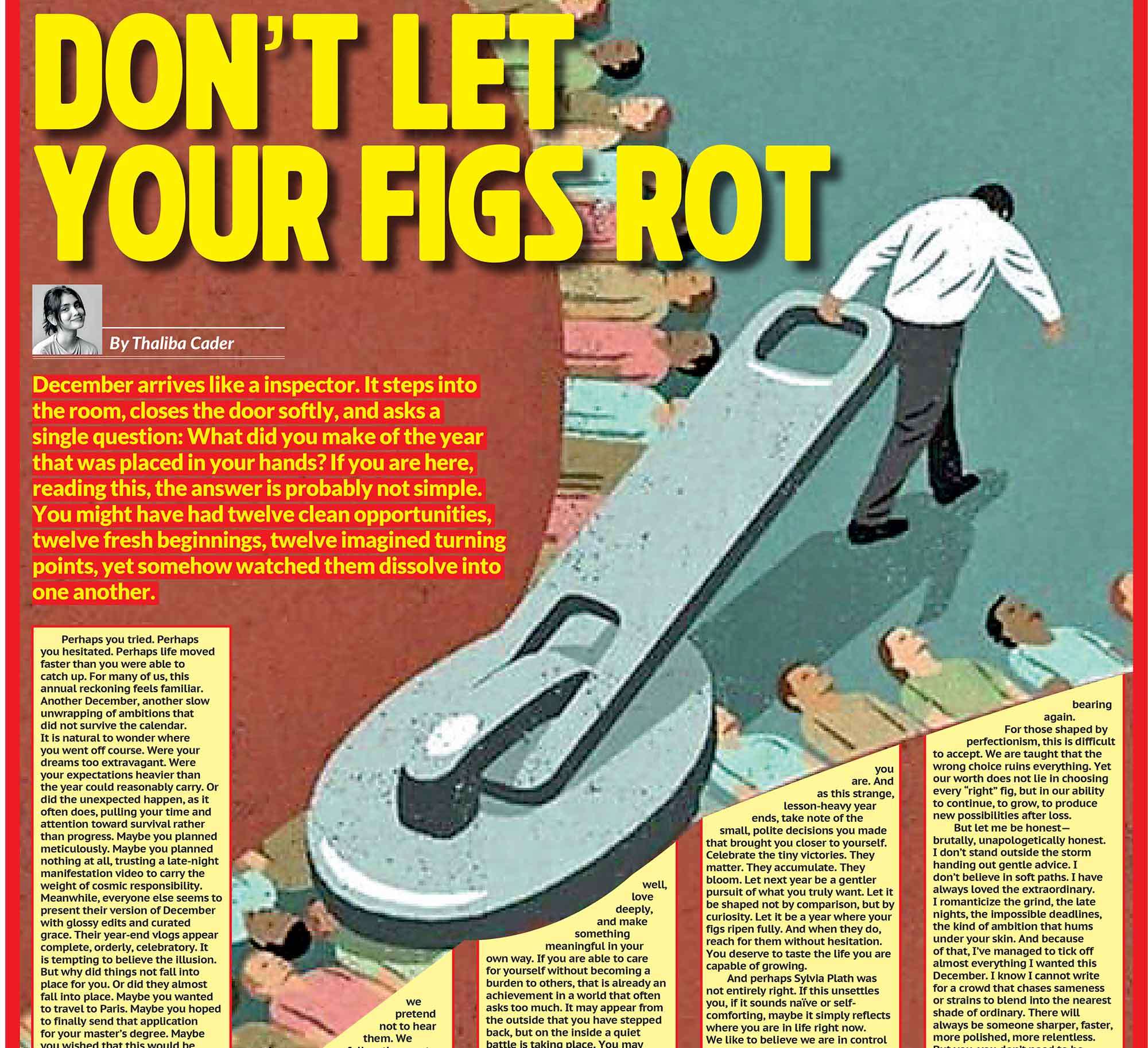
I was recently at a party when someone was talking about how Israel is entitled to Palestinian land and should “finish the job they started.” “You really should grow an extra brain cell, as the one you’ve got must be so lonely up there.” It wasn’t until the person reeled and glared that I realized I hadn’t just thought this, but had actually said it out loud.
With a moment of unbridled clarity, I understood that I’ve now reached that age where women just say what we’re thinking, with no filter. That peri-menopausal dip in oestrogen and testosterone sensitivity means we suddenly develop more nerve than an unfilled tooth. The genocide supporter displayed no sense of shame but, embarrassed by my blunt rudeness, I felt a blush spread all over my face. (Maybe they should make masks mandatory again, I couldn’t help thinking.) This person with highly questionable views felt no shame for spouting such horrendous rhetoric, and their behaviour got me pondering; what a shame that shame is on the wane.
For the better part of this year, I’ve been fascinated by Trump’s narcissistic posturing. He’s certainly made the news great again, everyone tuning in to see what he’s going to say, what gargantuan gaffe he might deliver. But I find it highly unlikely the Trumpster is waking in the night, sitting bolt upright in bed in the White House and sobbing, “Oh my god. NOOOOO! What have I done?” and then blushing hotly for hours as he agonises over how to cope with worldwide disgrace. Yeah, sure… and he’s also a painfully shy recluse who would do anything to avoid media attention.

Over on our little island, you can always count on some nepo-baby politico to say something so moronic that it makes you wonder how they’ve managed to get through life with nothing upstairs. Once upon a time, politicians who fell from grace also fell on their swords, seeking redemption in charitable works, shunning the public gaze, and keeping their mouths firmly shut. But sadly, ours and their treasonous, Teflon-coated cohorts just give a shrug of their insouciant shoulders and carry on, unscathed, unbothered, and unashamed by actions that would drive most people insane with shame and guilt. For them it’s just another brazen entitlement. In their minds, we are but serfs who simply exist to work and pay taxes, which they can then plunder.
Don’t even get me started on “house-shaming,” which predictably seems to singularly affect women. Most men, more often than not, don’t seem to mind if their mates walk into a complete mess of a home with a Mount Everest of dirty dishes in the sink.
Shame often arises as a reaction to public humiliation or as a recognition of one’s private failures. Its symptoms are simple, one feels a physical response, those guilt glands kick in, and often, this is heightened among women. Unfortunately, societal norms impose a sense of guilt on women that can feel like a natural state of being. This phenomenon traces back to the biblical story of Eve, whose fateful bite of the apple rendered women symbols of temptation and responsibility for humanity’s ultimate downfall. (I blame the snake though; it was a clear case of entrapment!)
Living in a patriarchal society exacerbates the burden of shame, especially regarding sexuality. A man known for his sexual exploits typically earns accolades, he’s celebrated as a “love god” or Romeo. Conversely, a woman with similar desires faces harsh judgment, often labelled with derogatory terms like “slut” or “tramp.” The concept of “slut-shaming” exists purely to belittle women for embracing their sexuality, or even for merely appearing to enjoy it, creating a culture of humiliation that serves to police women’s behaviour.

Motherhood further complicates the landscape of shame. Working mothers often experience guilt for pursuing careers instead of dedicating themselves solely to domestic duties, like engaging in “How to make a million amazing things with bubble wrap and a felt pen!” On the other hand, stay-at-home mothers face their own set of judgments, criticised for not working outside the home. This leads to constant anxiety about role modelling, will their children be equipped to flourish in a world that may not value their contributions? Will they end up in politics?
Don’t even get me started on “house-shaming,” which predictably seems to singularly affect women. Most men, more often than not, don’t seem to mind if their mates walk into a complete mess of a home with a Mount Everest of dirty dishes in the sink. Yet, a lot of women I know get up early and clean before their cleaner arrives, driven by an imposed standard of domestic perfection. The societal expectation that women maintain pristine homes only adds another layer to the burdens of shame.
Fat-shaming is yet another particularly female concern. Women find themselves scrutinised not just for weight but for myriad physical attributes deemed undesirable, cellulite, “cleavage wrinkles,” “knee wrinkles,” “cankles,” “wattle,” “bingo wings.” In the Renaissance era, you needed all of that just to be considered a socialite! Ah, the good old days. This fixation on female bodies stands in stark contrast to the conspicuous absence of shame among men, not only when it comes to their bodies but also regarding workplace inequalities. Forget the “thigh gap,” let’s discuss the “pay gap,” where women still earn significantly less than their male counterparts for the same work.

So, before you cancel your subscription to 2025, having been disappointed in the first six months’ free trial, it’s time to shift our focus on shame. The trivial pursuits that provoke shame among women should no longer dominate our discourse; rather, we should reserve our condemnation for the individuals who commit real violations of decency and ethics. Instead of shaming women for their choices or appearances, let’s redirect our moral outrage toward those who truly deserve it, from individuals who commit petty infractions to those who engage in serious societal harms, such as unbridled corruption and injustice.
By doing so, we foster a more just society, one that values individuals for their character and contributions rather than subjecting them to unfounded shame based on outdated norms. The goal should be to create an environment where women, free from unnecessary guilt or embarrassment, can thrive and embrace their identities without fear of judgment. It’s time to reclaim the narrative, encouraging strength and authenticity rather than shame.











